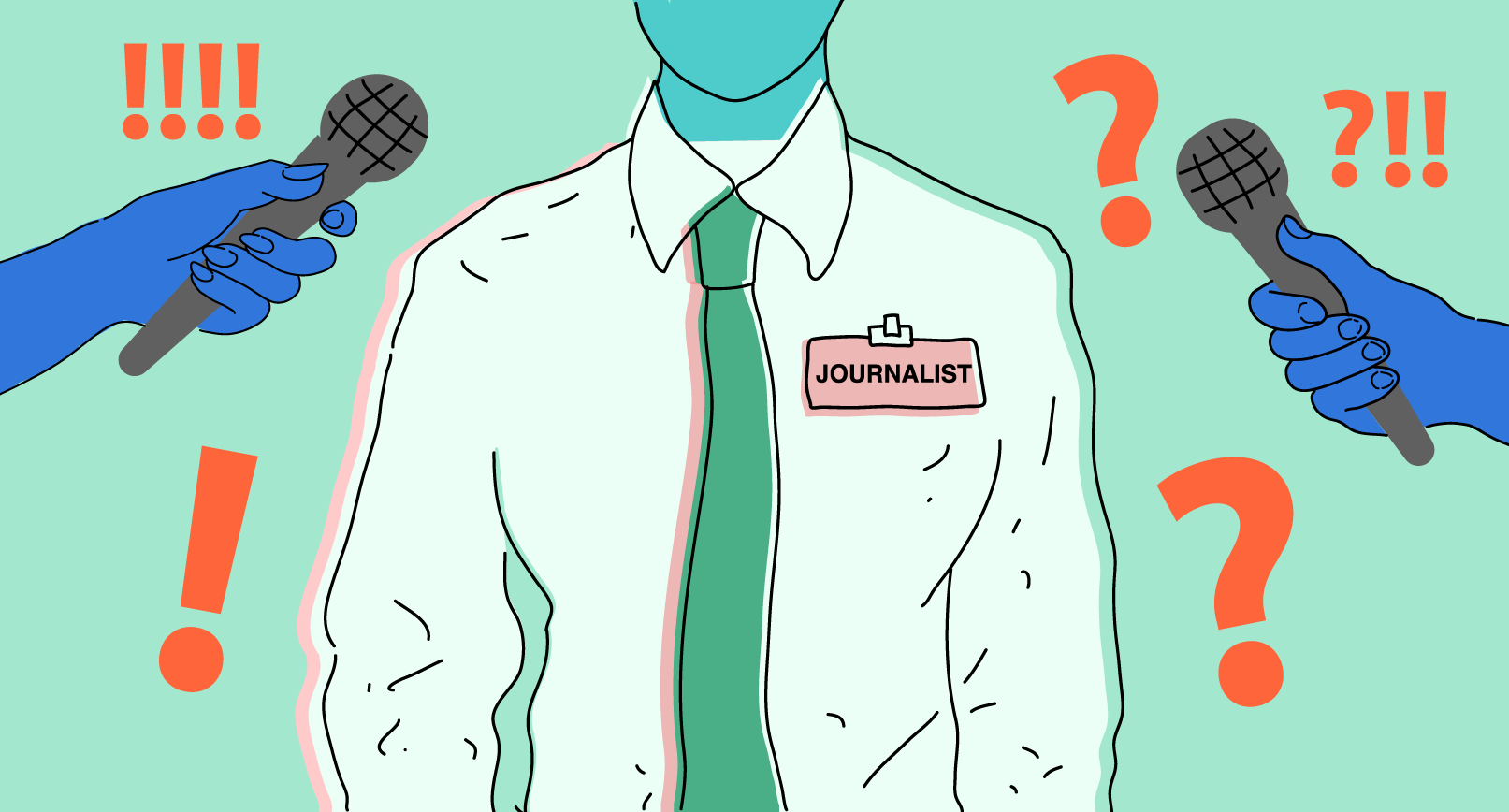It seems as though most people want to know what is happening where they live concerning COVID-19.
In times like these, the media plays a major role in keeping citizens informed. However, some people, often ones who believe in irrational conspiracy theories, claim the media is exaggerating to scare the public. Others take advantage of this time of crisis to share false information and create more panic.
Journalists have been, and always will be, judged no matter what they do. If they report on COVID-19, they’re only making things worse and contributing to the panic. But if they don’t, they’re hiding something.
A journalist’s main purpose is to share the truth. And while some people might argue that what the media is saying is false, I would say that as long as they have enough proof to back up their claims, it’s the truth—at least for now. For example, there have been claims that COVID-19 was designed in either the United States or in China. There is no proof verifying the claims. We should only be trusting fact-checked information.
Prime Minister Justin Trudeau and Premier François Legault hold daily press conferences to keep the public up to date on the COVID-19 situation, both in terms of its spread and in terms of measures to slow it. In my opinion, if they are doing this it’s because this is what citizens want. Besides, even if you don’t want to trust the media, don’t you think you should at least trust your government?
This is a rhetorical question, as I know some would say no.
Take my father as an example. My whole life, I have never seen him watch Canadian news as much as he does now. Every day, he turns on the TV and watches Trudeau and Legault live, then watches Radio-Canada in the evening, because he wants to know how the situation is evolving. It’s during these times of crisis that people need the media the most.
A Concordia University student, Hershey Blackman, created a public Facebook group called MTL Coronavirus on March 13, the day Legault announced that schools, CEGEPs and universities would be closing for at least two weeks.
Blackman explained that he thought it was important for people to have a place to “connect with each other,” and share information about the coronavirus, their feelings, as well as memes, to stay entertained. Every day, there are around 50 new posts, which shows that people on social media want to talk about the virus, whether it’s by discussing their concerns or posting funny memes.
This is another reason why we absolutely need to be careful with the information we see and share. Most people want to know what’s happening, and some are even willing to click on any link including the word “coronavirus” and share it. Always check the source’s credibility.
There have been many cases of false information circulating in reference to the virus—such as a French man who posted a 25-minute video explaining how he thinks COVID-19 was created back in 2004. Radio-Canada confirmed that what he published was false information.
A family doctor from New York City, Mikhail Varshavski, discussed on his YouTube channel how some news outlets and television networks are presenting facts in a manner that scares people. For example, National Geographic published an article titled “Here’s what coronavirus does to the body,” in which, as Varshavski noted, the writer tends to use scary sentences followed by more rationalized explanations.
For this reason, I think people should trust the media, as journalists continue to work hard to report on the situation. Some people will listen and some won’t, it’s that simple. Just like some people have been taking all the possible precautions, staying in quarantine and respecting social distancing, while others are still gathering in groups and leaving their homes unnecessarily.
I think the Montreal Gazette has been doing a very good job of presenting unbiased facts without inflicting anxiety and panic.
While it is a time of fear and anxiety, we must stay cautious about where we get information from. So in the meantime, stay home if you can, FaceTime your friends and family and get your news from credible sources.




